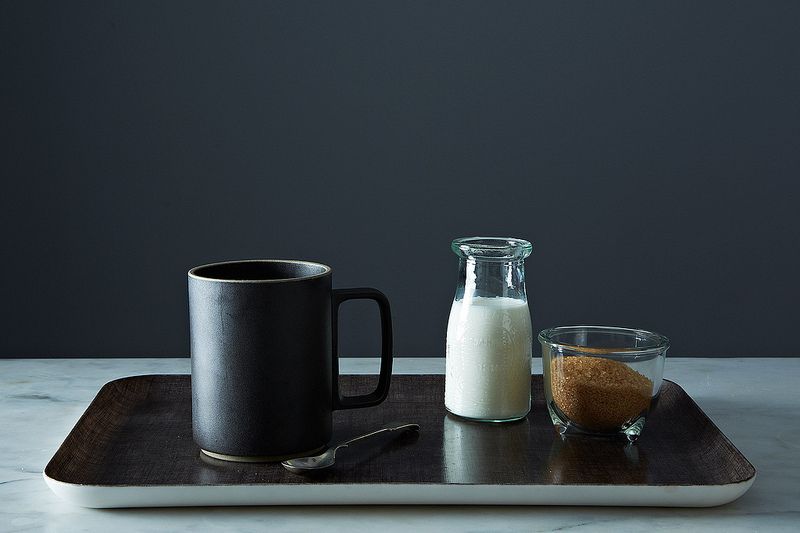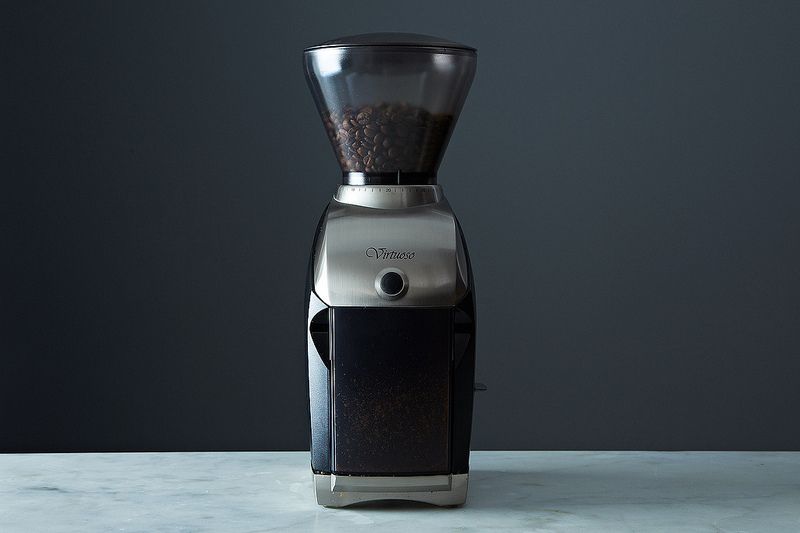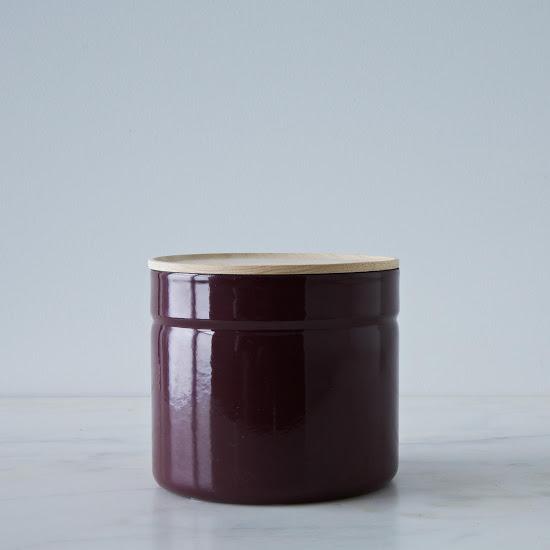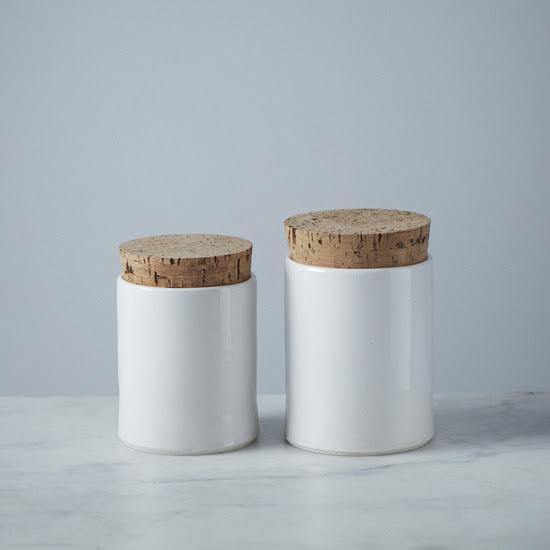Popular on Food52
Continue After Advertisement
20 Comments
Parker
October 22, 2015
Try buying coffee from a country that’s closer to home for the U.S., such as Mexico or Central America, which cuts down on emissions and the environmental impacts of transportation. Avoiding big coffee corporations like Nestlé and supporting smaller, organic, fair trade coffee farms helps eliminate deforestation and encourages fair wages for their workers.
D.ana
August 18, 2015
What about water quality? I once was at a coffee tasting that used tap water, bottled spring water, distilled water. I believe we all liked the spring water best; some places have better tap water than others, I guess.
Kelly R.
November 24, 2014
Most of this i already knew except rising my coffee utensils/paper filters and weighing the coffee. If only all professional coffee houses followed the rules! lol. Thanks for a wonderful article.
Michelle S.
March 17, 2014
Interesting read, thank you for sharing! I just wrote a blog post on my personal secrets to my perfect cup of coffee!!
http://myjourneyrx.com/2014/03/16/my-perfect-cup-of-coffee/
Thanks,
Michelle
http://myjourneyrx.com/2014/03/16/my-perfect-cup-of-coffee/
Thanks,
Michelle
Kelley
November 17, 2013
Oh MAN - This got me in the mood for some serious COFFEE! Thanks for making such a fantastic post, I'm on my way to my coffee grinder now!
Javier
November 6, 2013
What's my best tip? Use a French Press. You will not "burn" the coffee taste.
AntoniaJames
November 6, 2013
Very interesting, and helpful, too. What do you think about gold filters? Okay to use? Not advised? (I've been "pouring over" for decades.) Thanks! ;o)
MaryE
November 6, 2013
You didn't give us the weights for the different coffees. Can you supply them or a link to where I could find that. I have never heard of this.
Katie B.
November 7, 2013
The brewing weight between coffees shouldn't fluctuate much (aside from adjusting it based on taste preferences) but the inconsistencies lie in using Tablespoons instead of grams. Stay tuned for upcoming brew guides on Food52 and on our website to help you figure out the proper weight for different brewing methods. Here's a link about why using a scale is so helpful. http://stumptowncoffee.com/a-scale-is-not-just-for-coffee-geeks/
Katie
April 4, 2020
Ooohh, I'm very much looking forward to that guide! I've googled it before and felt confused and overwhelmed by the myriad of results. Having the trusted food52 crew put the info together sounds great!
Daniel D.
November 6, 2013
Rinsing the filter - great idea - don't know why I have never thought of it.
Katie B.
November 7, 2013
It helps! It's interesting to rinse a paper filter and taste the rinse water. It definitely tastes like paper! Rinsing also helps to seal the filter, especially in a Chemex.
Larry
November 6, 2013
Good tips. Thanks. What's a rule of thumb for weight of coffee to water ratios?
Arizona C.
November 6, 2013
Been weighing my coffee for years. My kids make fun of me. Start with 1.5 ounces of coffee to 12 cups water. Adjust subsequent brews based on your experience. I often use 1 3/8 ounces to 12 cups water
Zachary C.
November 6, 2013
Yeah, use about 7g (~1tbsp) coffee per 113g water (1/2 C) for French press. A little more for pour over.
Katie B.
November 7, 2013
Weighing coffee is definitely important to keep things consistent. At Stumptown, we generally use a 1:17 coffee to water ratio. But we are big fans of experimenting and adjusting ratios based on taste preferences. Stay tuned for more specific brew guides to come!





See what other Food52 readers are saying.